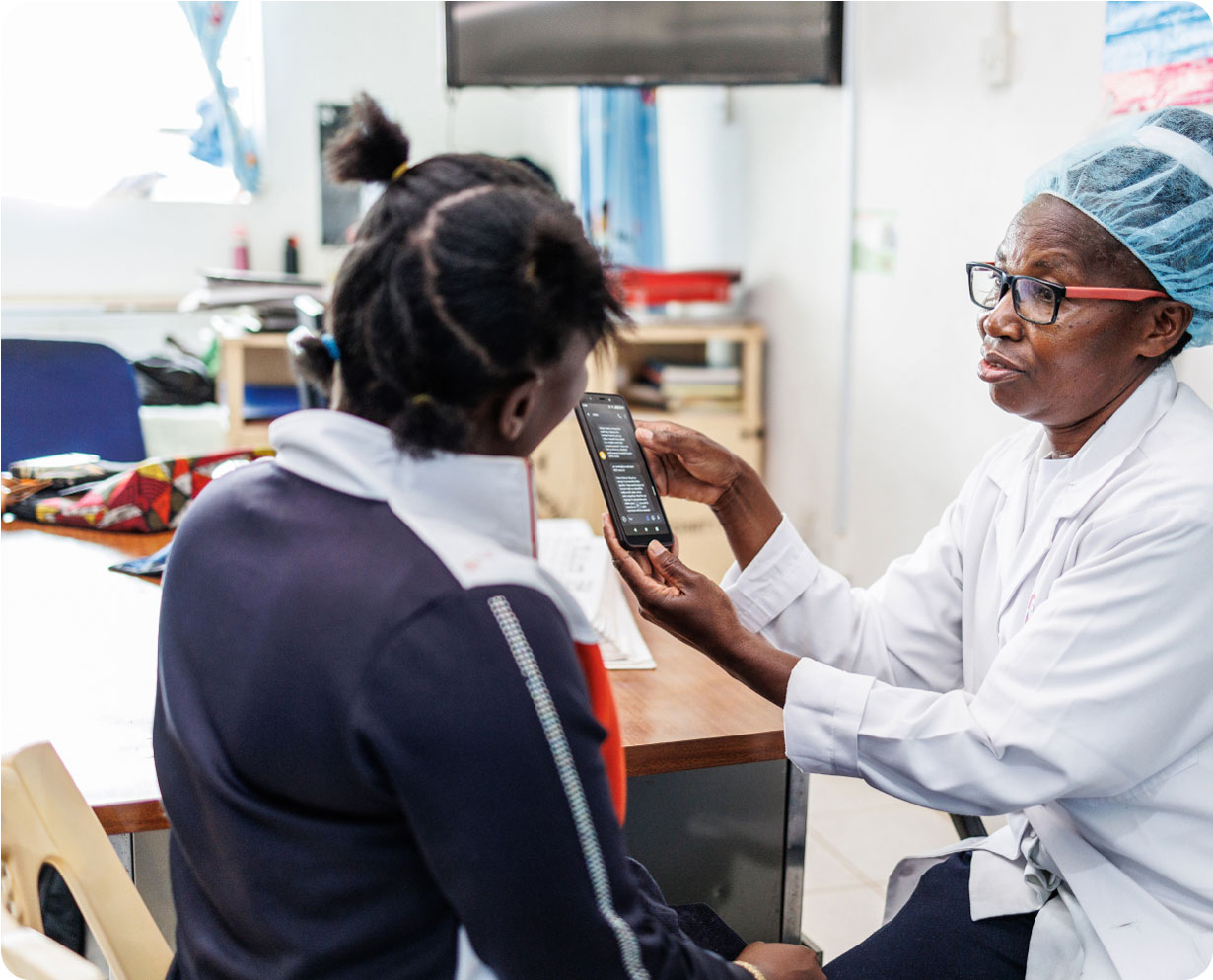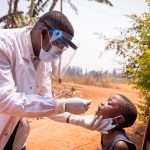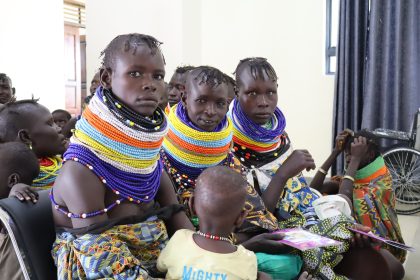PROMPTS supports mothers with personalised text messages that educate on nutrition, warning signs, and remind them of antenatal appointments
It’s a quiet morning and Aron Mwanthi, a help desk agent is seated in a small office in Nairobi, scrolling through messages on his computer.
As he reviews the messages, a trained computer algorithm swiftly flags a message highlighting pain and bleeding by a pregnant mother in Makueni County, over 300 kilometres away.
The message alerts Mwanthi to get help immediately: “Urgent referral, bleeding”, it warns with a beep.
Within minutes, Mwanthi and a triage team respond by calling the mother and directing her to the nearest hospital for immediate intervention, where she receives help, saving her and her baby’s lives.
This elaborate system that helps expectant mothers get urgent medical care is PROMPTS, a two-way SMS service developed by Jacaranda Health. It’s a simple model: no internet, no complex application, just a text message powered by artificial intelligence (AI).
PROMPTS (Promoting Mothers in Pregnancy and Postpartum Through SMS), is part of a growing movement harnessing low-tech AI tools to solve high-stakes health challenges in Kenya.
The mission is to reduce preventable maternal and newborn deaths by addressing two deadly delays
Jacaranda Health, a non-profit organisation in Kenya which launched PROMPTS in 2018, has been involved in over three million pregnancy journeys across 24 counties.

“Our mission is to reduce preventable maternal and newborn deaths by addressing two deadly delays: the delay mothers face in recognising danger signs and deciding to seek care, and the delay in receiving quality services once at the hospital,” says Dr Job Makoyo, Jacaranda Health Country Director.
Besides referring urgent care, PROMPTS also supports mothers with personalised SMS messages approved by the Ministry of Health, that educate on nutrition, warning signs, and remind them of antenatal appointments.
Lilian, a mother who delivered through Caesarean Section at the Makueni County Referral Hospital (MCRH), says PROMPTS helped her and her baby. “They asked me questions about my pain and condition, I answered, and I also asked questions to which they responded.”
Mothers using the platform send inquiries and unstructured questions, triaged by an AI model called TRIM AI (TRIage for Mothers using AI). TRIM AI, a Kenyan-developed large language model, can automatically predict a pregnant mother’s emergency levels based on the content of their SMS. If critical, the model escalates the noted issues to a clinical helpdesk.
According to Martha Makwata, the programs manager leading the help desk unit, the unit receives between 8,000 to 12,000 messages daily from mothers. About 10 per cent of these are danger sign cases, which translates to roughly 1,200 calls every day.
“We are piloting 24-hour coverage to support mothers both day and night. Danger signs we monitor include diarrhoea, fever, unhealed umbilical cords, and breathing difficulties in babies, issues that require clinician assessment and immediate attention.”
The platform’s simplicity has helped eliminate barriers like data costs and smartphone ownership
PROMPTS is accessible via simple feature phones, and they use simple text messages to promote inclusion and equity for all women, especially those in low-income and rural areas. The platform’s simplicity has helped to eliminate barriers like data costs and smartphone ownership.
Jacqueline Mbithe Mutua, a maternal & child health nurse at MCRH, says the impact of the system has been immense.
“Before PROMPTS, mothers had little or no knowledge, and many complications went unmanaged. Now, they come equipped with information, and even in emergencies like bleeding, they can message and get help immediately,” says Mbithe.
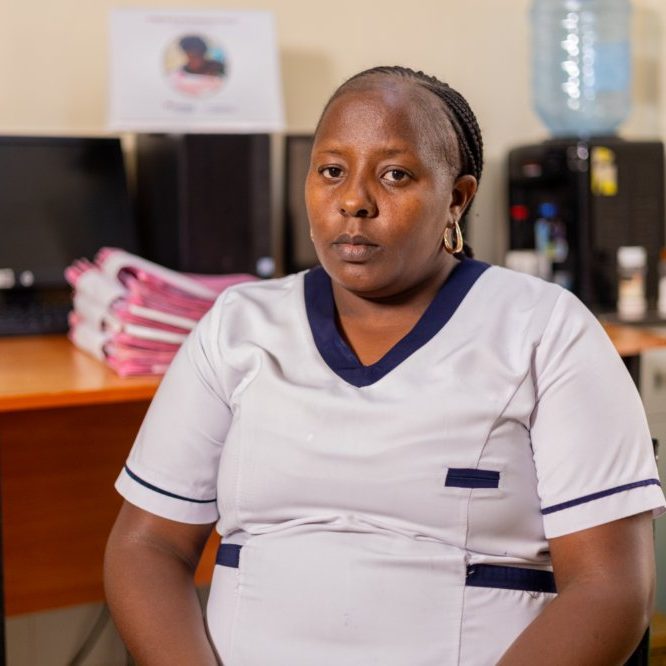
Similar to PROMPTS is AI consult, another modern technology blending cutting-edge AI with frontline healthcare, thus improving patient outcomes through improved diagnostic accuracy.
Central to this new development is Easy Clinic, a healthcare software platform in Kenya powering Penda Health’s tele-triage. This partnership demonstrates that AI can improve healthcare standards without increasing costs.
Unlike other flashy high-cost projects, AI consult runs quietly in the background and, in real time, flags potential diagnostic errors, missing history details, and treatment gaps, acting as a safety net without disrupting the clinician’s workflow.
AI consult achieves its accuracy because it is integrated into Penda Health’s Electronic Medical Records. According to EASY Clinic, AI consult has delivered measurable impacts across close to 40,000 visits, resulting in a 16 per cent drop in errors during diagnosis, a 13 per cent decrease in treatment errors, with medical history taking omissions dropping by 32 per cent. The platform also boasts an impressive 75 per cent adoption rate among clinicians, who routinely report improved quality care delivery.
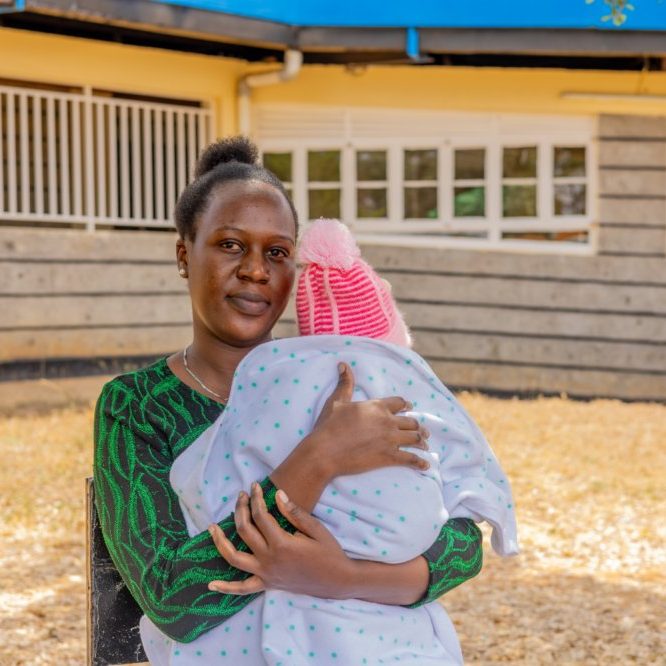
While global health innovation often leans on data-heavy, costly technology solutions, Kenya is charting a different course; implementing simple, inexpensive technologies profoundly entrenched in community realities to minimise deadly gaps in primary and maternal care.
Digital platforms like PROMPTS deliver life-saving advice via SMS and phone calls, reaching millions even in areas with limited connectivity.
However, as Kenya launches its pioneering AI strategy and strengthens the Digital Health Act, these homegrown innovations raise critical issues of ethics and trust. The grey area is whether AI models deliver sustainable health benefits without compromising equitable access, privacy, or transparency.
The Kenya Artificial Intelligence Strategy (2025–2030 fronts an ambitious vision to set out the country as the leading hub for AI research, innovation, and model development within the region and continent.
The strategy highlights the necessity of guarding Kenya’s national interests through cybersecurity
The government intends to use the strategy to advance social inclusion, sustainable development, and economic growth, with the focal point to create customised AI solutions that tackle issues unique to Kenya and Africa, in important domains, including healthcare.
The strategy underscores the importance of creating a rich and sustainable data ecosystem, providing accessible AI digital infrastructure, and encouraging strong local research and innovation capacities.

Furthermore, the strategy also highlights the necessity of guarding Kenya’s national interests through cybersecurity, profound data localisation, and an adaptable governance framework that guarantees AI technologies’ inclusive, ethical, and accountable deployment.
This hands-on approach entails collaboration between government agencies, the corporate sector, research bodies, advocacy groups, and community members, all contributing to a methodical path that prioritises policy formulation, skills development, and precise and quantifiable benchmarks.
The health sector is recognised as a crucial area where AI can bring transformative, impactful digital health innovation, a technological goal, and an essential tool for improving lives, even as Kenya aims for equitable AI adoption without leaving anyone behind.
In the global scene, Kenya’s strategy is in line with the WHO Digital Health Strategy (2020–2025), which calls for accessible, contextually relevant digital solutions to strengthen health systems equitably. WHO’s Digital Health Strategy instructs countries to employ reasonably priced digital tools that fit local needs.
WHO emphasises that everyone, especially the underprivileged, should be able to access equitable, high-quality healthcare through technology. Additionally, the strategy emphasises how crucial it is to protect health data and ensure individuals know how their information is used.
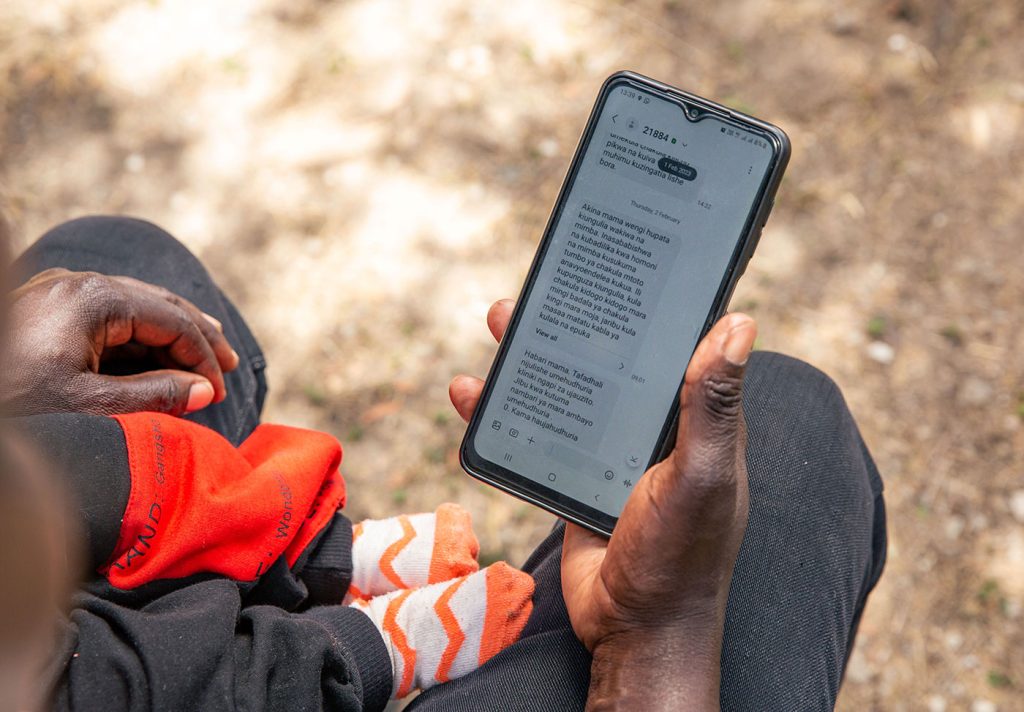
The strategy emphasises skill development for communities and health professionals to use new technologies effectively. However, the WHO reminds governments that technology isn’t sufficient. Strong regulations to safeguard privacy, transparent communication to gain people’s trust, and continual training to ensure that users and healthcare professionals comprehend and reap the benefits of AI-powered care are all necessary.
For patients seeking care, this translates to fewer cases of misdiagnosis, reduced costs from unnecessary follow-ups, and safer treatment plans. To healthcare operators, it represents stronger clinical safety, enhanced efficiency, and a viable model for healthcare scalability across Africa. With AI consult, Penda Health is proving how subtle AI can power measurable, powerful transformations in everyday clinics.
Kenya’s Data Protection (General) Regulations, LN263/2021, emphasise that citizens must be informed when automated decision-making is at play, especially in their care, and sensitive health data processing should be subject to a Data Protection Impact Assessment.
Without public awareness and consent, trust in AI systems will erode
However, available evidence suggests that in most cases, in rural areas, the users do not fully realise that tools like PROMPTs and Penda Health’s tele-triaging largely use Artificial Intelligence in critical processes like early warning sign detection and clinical decision making. This reflects a widening ‘knowledge-gap’ that, if left unaddressed, could negatively impact health outcomes.
“Without public awareness and consent, trust in AI systems will erode,” warns the 2023 State of AI in Africa.
The adoption of AI presents promising opportunities to improve maternal and primary healthcare by enhancing timely care delivery and providing accessible guidance via platforms like Penda Health’s tele-triage and PROMPTs.
The main challenges of these AI tools remain potential data bias favouring populations in urban settings, as well as trust deficits because of limited patient awareness of the role of AI in health. Other potential challenges include over-reliance on donor funding, which affects the sustainability of these projects without integration into public health budgets.
According to the Gavi AI health report, “Investments in AI health tools must go hand-in-hand with governance and local capacity building”.
Maternal and newborn deaths are, as identified by specialists, caused by delays in seeking care and delays in getting quality care once at the health centre. But with AI innovations narrowing the critical gaps in maternal and primary healthcare, women and their children have a chance of surviving risky childbirth.
The writer was a student at KEMRI Graduate School Health Journalism & Public Health Communication Course. The story is a collaboration of KEMRI Graduate School, University of Liverpool and Willow Health Media.
This story was first published by Willow Health Media on August 19, 2025.



